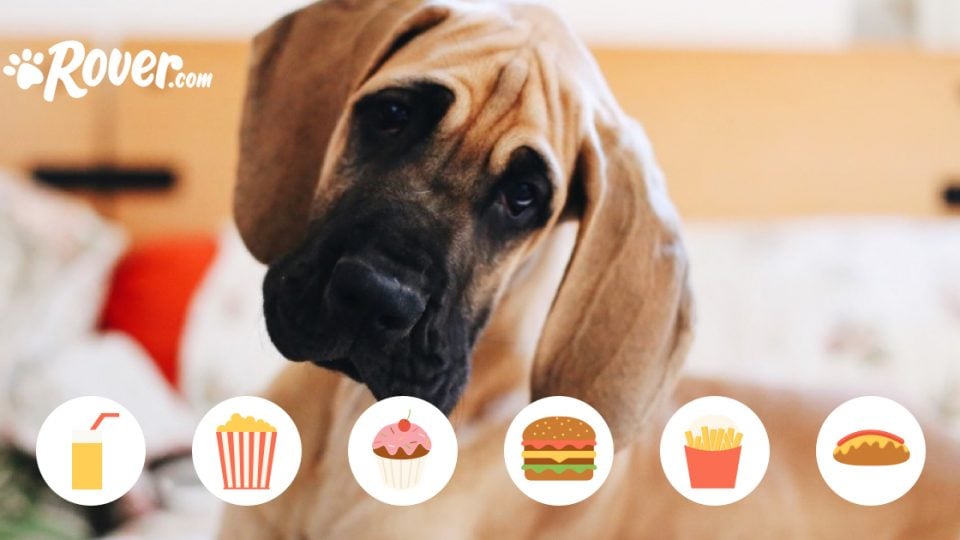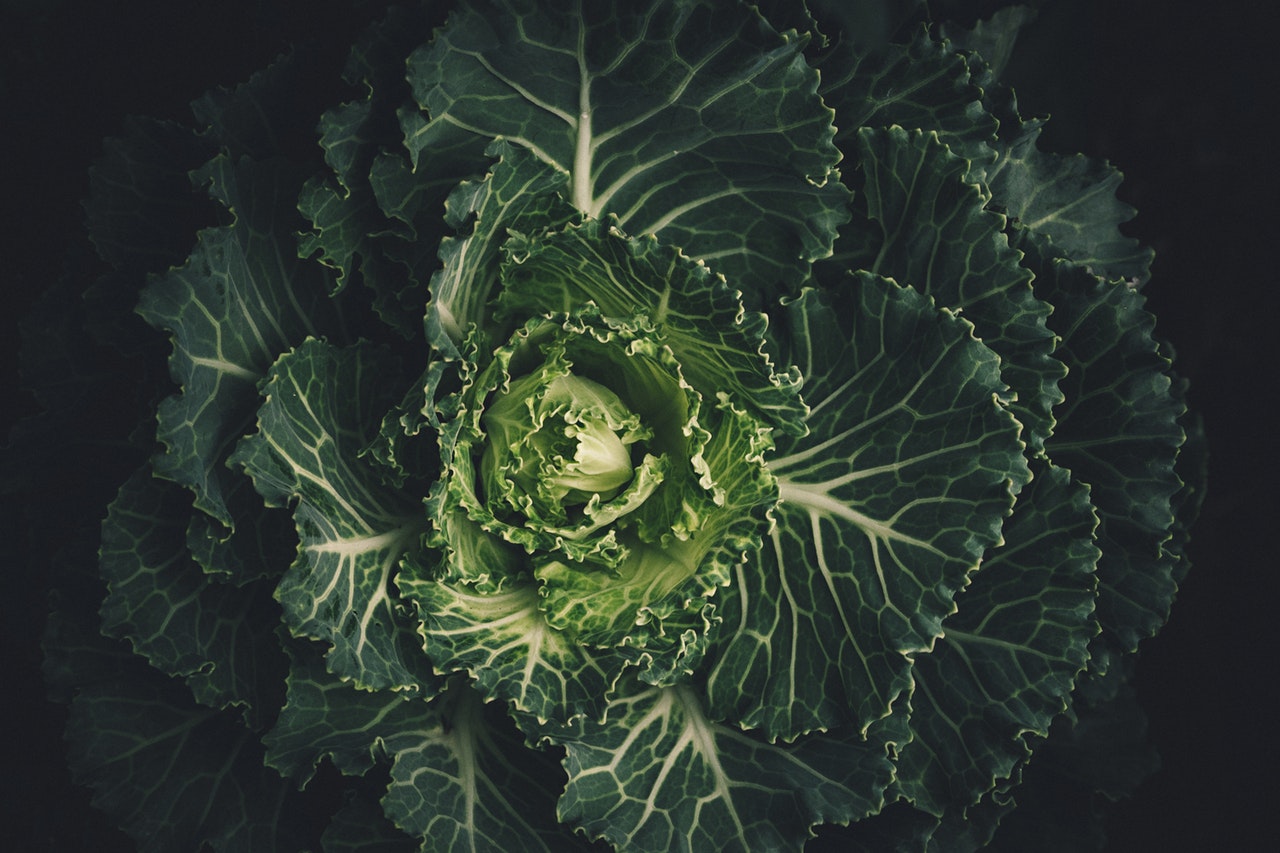Yes! Cabbage is safe for your dog to eat and is a healthy source of fiber as well as vitamins K and C. These vitamins help fight disease as well as support your dog’s digestion and immune system. Too much cabbage can cause gas or suppress the functioning of the thyroid gland, so feed your dog this vegetable in moderation.
Serving Ideas
Dogs can eat cabbage:
- Cooked instead of raw. It’s easier for your dog to digest.
- Added to a homemade meal that’s balanced with a good source of protein.
- Sprinkled as a topping to your dog’s dinner.
For More Information
We’ve got tons of articles about which foods are safe or dangerous for your dog, from common snacks to fruits. You might also be interested in “Can My Dog Eat Red Cabbage?” or “Can My Dog Eat Green Cabbage?“
The information provided in this article is not a substitute for professional veterinary help.



